“He doesn’t hit me, so there is no abuse in my relationship.” There is a lot more to domestic violence than just battery. The emotional wounds can run very deep and actually take longer to heal than the physical ones.
In this article I refer to the abuser as “he,” because most reported cases of domestic violence the male is the abuser (but it does sometimes happens the other way). I will focus on the typical signs of emotional, verbal, physical, and sexual abuse, and how to identify if you are in an abusive relationship.
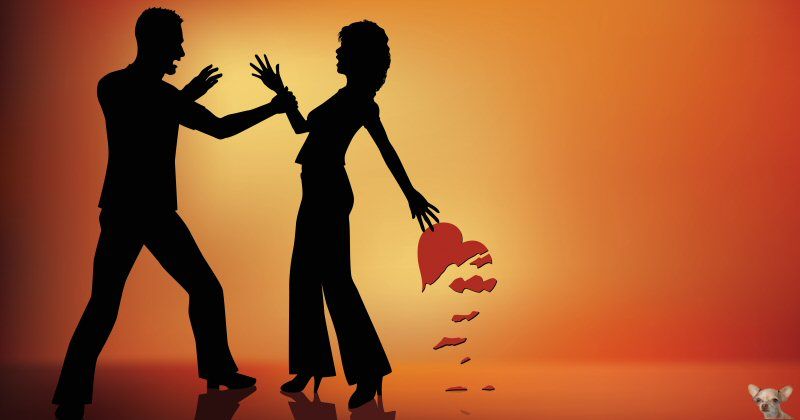
- Has he ever threatened to hit you, actually hit you, shoved you, or grabbed you?
- Does he respect the women in his life (mother, sister, daughter)?
- Does his personality change dramatically after drinking alcohol?
- Does he easily show his anger and/or hostility?
- Does he try to take advantage of you sexually (either forcing sex, or just relieving himself and not caring about your pleasure)?
- Is he a dependent person and controls by soliciting pity?
- Does he put you down or degrade you in subtle and even not so subtle ways (this includes name calling)?
- Does he always have to win at any kind of competitive activities (including driving)?
- Does he often complain that his boss or authority figures, “don’t know what they’re doing?”
- Does he often insist where you will eat and what activities you will be doing together?
- Do you always have an excuse for his behavior?
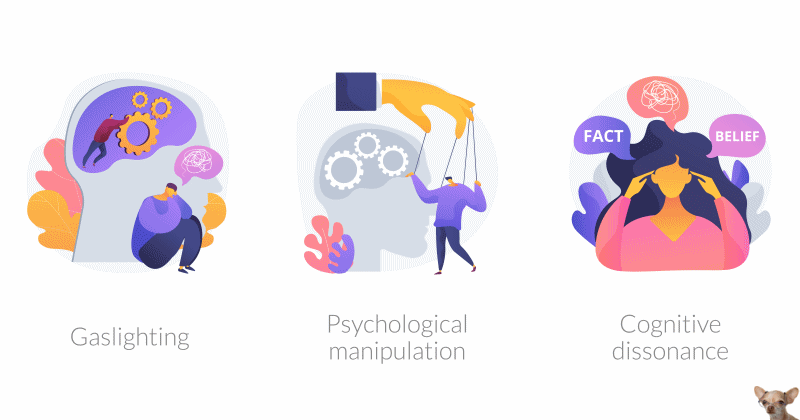
If you’ve gotten this far in the article then you probably have a problem, or know someone who does. Abusive behavior is a choice. It damages your partner. It damages you, and it damages your children. The abuse does not begin with the relationship. Often women remark how loving and affectionate he was when they first started dating. Usually the abuse creeps up slowly over many years, but there are some warning signs to let you know if your relationship has the potential to become abusive.
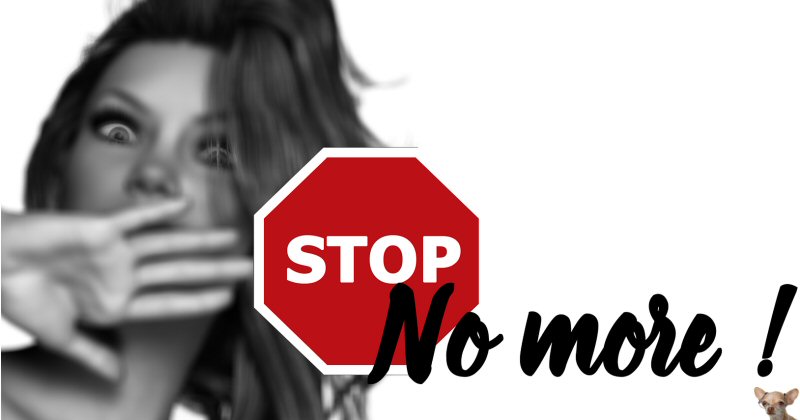
Jealousy: Sometimes when we begin a relationship, we feel secure if he acts a little jealous, but jealousy has nothing to do with love. It is a sign of possessiveness and a lack of trust. He may call often or drop by unexpectedly. He may encourage you not to work for fear that you will meet someone else.
Controlling Behavior: He may say he is just concerned, but he will be angry if you are late. He may not want you to make personal decisions, like what you will wear, or who you will see. Or, he may try to control all the money.
Quick Involvement: Many abused women knew their abuser for less than six months before they were married. He may come on like a whirlwind claiming “I’ve never felt this way about anyone else before.” He will pressure you for a commitment.
Isolation: The abuser often tries to cut his partner off from her friends and family. Does he accuse your friends of “causing trouble?” The abuser may to get you to move farther away, or he may insist that you two can share one car.
Blames Others for His Problems and Feelings: Does he feel that people are “doing him wrong,” or “out to get him?” Does he say, “You made me mad?” Only he can make himself mad. It is his choice, not yours. You can’t make him happy either. Does he make you responsible for his emotions?
Verbal Abuse: The abuser will often degrade his partner by calling her names, cursing her, or degrading her accomplishments. This can include waking his partner to argue, or not letting her go to sleep. Does he say things that are meant to be cruel and hurtful?
Dr. Jekyll and Mr. Hyde: Many abusers have sudden changes in mood. Explosiveness and moodiness are typical of people who beat their partners, and these behaviors are related to other characteristics like hypersensitivity.
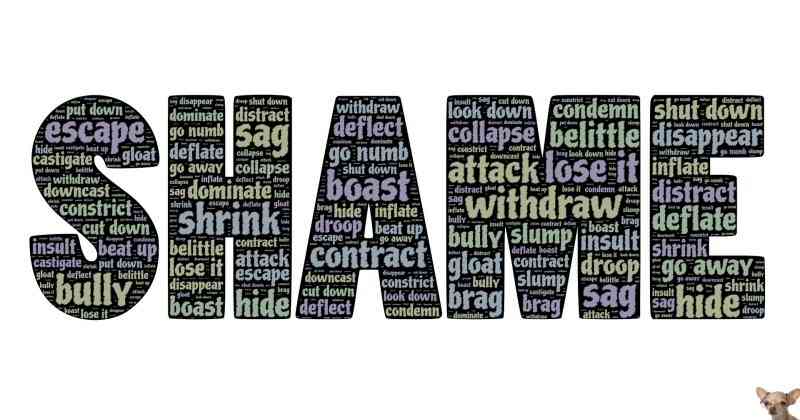
If you think you may be in an emotionally abusive relationship, get help. There are many support groups on-line and face to face. Contact the national hotline for domestic abuse at 1-800-799-7233. They will give you the number of a local shelter where you can get help. You don’t have to go to a shelter to get the support you need. Many shelters offer a 24 hour hotline where you can call and get your questions answered. Often they offer classes and support groups to help you to understand the cycle of abuse and how to prevent it.
I am a firm believer in “heal the family, and heal the world.” If we can stop the violence and abuse at home, perhaps someday we will find world peace.
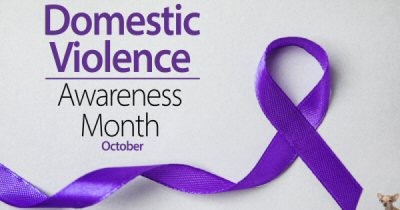
Domestic Violence Websites:
National Domestic Violence Hotline: http://www.ndvh.org/
National Coalition Against Domestic Violence: http://www.ncadv.org/
About Janet (Sparrow) Moon
Would you like to find out more about you horoscope? Free daily and weekly forecasts on site
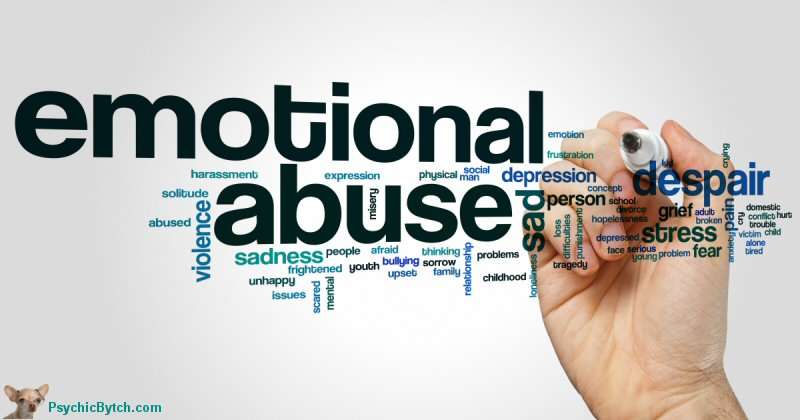
Angela KOCH says:
Thanks so much for this Janet. I’m realizing that an abusive partner can influence adult children to mimic the behavior, much to my alarm. It’s obviously not the adult child’s fault; but aba ing to me how intrinsic and poisoning of the family culture one abusive partner can be. Eventually it can feel daunting to leave such a relationship, many of us stay decades and decades to avoid further threats, stress and perhaps even more subtle and worsening thoracic abuse. Many of us make excuses, get stuck and find it progressively harder to leave abusive relationships. Don’t forget how cunning an abuser is. The manipulation and seduction to keep you where they want you is very clever. It’s hard for anyone needing love and comfort to reject the advances of an abuser. They can be very convincing. We all need to educate ourselves as to the red flags and warning signs. But also to realize we do no favor to the abuser by taking the abuse and accepting it as normal. To grow they need to be called on their weakness and know it’s not them but a learned behavior borne of insecurity and poor childhoods. If we love an abuser ( as I do) we need to face this and know we are being more loving to leave than to stay.
Boss Biddy says:
Thanks for your testimony Angela. Well said! 🙂
Lila says:
I am glad most of the abusive men I met all suggested at one point that I’d need to consult a psychologist (to understand them of course). This sentence is my signal to cut loose. No one has to change your relationship with reality to please them. Doesn’t have to be a lover. Psychotherapists are in line to.
Boss Biddy says:
“Psychotherapists too” ROFLMAO. I agree psychology is still in infancy.
I can also relate to abusive men trying to force us to be what they want. 🙂